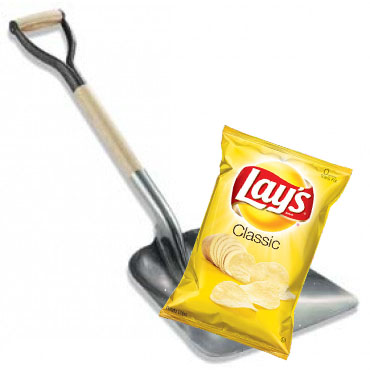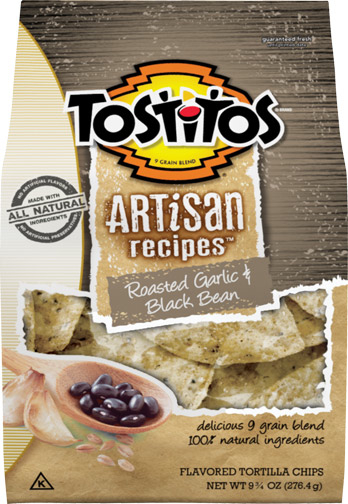And you thought you were getting a hotel deal? Consumers (that would be you and me) have filed an antitrust class action lawsuit against several online travel sites including Expedia, Inc, Travelocity, Booking.com, a subsidiary of Priceline.com, and the nation’s largest hotel operators including Hilton Hotel, Sheraton Hotels and Resorts, a subsidiary of Starwood Hotels and Resorts Worldwide, and Marriott International, Inc, claiming the two groups conspired to use their market dominance to fix prices on hotel rooms across the country.
The hotel price fixing class action lawsuit, filed on behalf of hotel room purchasers nationally, alleges that the online hotel retailers conspired with major hotel defendants to secretly create and enforce Resale Price Maintenance (RPM) agreements to thwart competition on hotel room prices, especially from price-cutting online retailers.
The complaint contends that the defendants’ unlawful conduct caused plaintiffs and other class members to overpay for their purchases of room reservations and seeks to represent all consumers who have purchased hotel rooms from the online retailer defendants.
According to the complaint, online travel sites account for as much as 50 percent of hotel bookings in the United States and traditionally operate under one of two models. Under the agency model, online retailers charge a service fee to a hotel operator on a transaction basis for booking customers, and that customer pays the hotel directly at a rate set by the hotel.
Under the merchant model, online retailers purchase rooms outright at a negotiated rate from the hotel, and then resell the rooms to consumers at a higher price, increasing or decreasing margins depending on competitive influences.
More recently, a new model has emerged that has cut into the traditional online retailers’ profits, the complaint contends, and has led to the creation of the RPM agreements. In this model, known as the Wholesale Model, third-party companies buy up unsold blocks of rooms at the last-minute and resell them to smaller price-cutting online retailers, eroding the profits of the traditional online retailers.
Knowing hotels cannot afford to lose access to online distribution networks, online retailers allegedly devised an illegal scheme, extracting agreements from the hotels that online retailers may not sell rooms below the RPM rates—even through the wholesale model—on penalty of termination and as a condition of doing business through the online retailers, the lawsuit contends.
The complaint states that the online retailer defendants often use terms like “best price guarantee” to create the impression of a competitive market, but in truth these are nothing more than a cover for the price-fixing conspiracy. The suit alleges that the defendants’ activities violate both the federal antitrust laws, as well as California’s Cartwright Act.
What’s the fat content in Parkay Spray Butter advertising? Higher than indicated, apparently…ConAgra Foods got hit with a consumer fraud class action lawsuit over allegations they intentionally misrepresenting the contents of Parkay Spray butter substitute.
Nebraska resident Pamela Trewhitt filed the Parkay lawsuit claiming that ConAgra falsely marketed the butter substitute as “fat-free” and “calorie-free,” even though it contains 832 calories and 93 grams of fat per 8-oz bottle. The lawsuit also claims that the nutrition information on the label underestimates the amount of fat and calories in the products by using artificially small serving sizes of one to five sprays.
“Defendant knew or should have known that its product was mislabeled and engendered confusion among consumers,” the lawsuit states. It cites numerous Internet complaints about the spray by consumers who couldn’t figure out why they weren’t losing weight until they discovered that Parkay Spray was the culprit. “I was literally taking the top of the ‘fat and calorie free butter’ spray and pouring it on my carefully steamed veggies when I found out that a bottle of that stuff is 90 fat grams. I was going through two bottles a week, and working out and getting fat and unhealthy,” one plaintiff alleges.
The Parkay lawsuit accuses ConAgra Foods of violating the Nebraska Consumer Protection Act, intentional and negligent misrepresentation, reaping ill-gotten profits, and fraud. Plaintiffs are seeking more than $5 million in damages as well as an injunction barring ConAgra from labeling Parkay Spray as fat-free and calorie-free.
Top Settlements
Now here’s a happy ending…Workers employed at an Oregon call center by Affiliated Computer Services Inc, have won a $4.5 million settlement in a wage and hour class action lawsuit. The lawsuit alleged the employees were not properly paid all minimum and overtime wages for all the hours they worked.
Filed in 2009, the lawsuit, entitled Bell, et al. v. Affiliated Computer Services, claims that ACS violated federal and state wage and overtime laws by failing to pay employees for all hours worked, all overtime hours and failing to timely pay final wages to employees at the end of employment.
Eligible class members of the ACS settlement include all employees of ACS who worked as a phone agent or representative in an Oregon call center for the “Retail, Travel, and Insurance,” “BPS,” or “Telecommunication and technology” business groups from April 2, 2005 through April 25, 2012.
The settlement has three classes, under which members may make a claim. They are:
Subclass A: Class Members who were employed by ACS in Oregon as of April 25, 2012 will receive a Settlement Award in the maximum amount of $125, not to exceed 2,000 individuals.
Subclass B: Class Members who were employed by ACS in Oregon and whose employment ended at any time between November 6, 2006 and April 24, 2012 will receive a Settlement Award in the maximum amount of $260, not to exceed 13,000 individuals.
Subclass C: Class Members who were employed by ACS and whose employment ended at any time between April 2, 2005 and November 5, 2006 will receive a Settlement Award in the maximum amount of $50, not to exceed 5,000 individuals.
In order to receive a Settlement Award from the ACS settlement class members must submit a valid Claim Form to the Settlement Administrator postmarked or faxed on or before September 1, 2012. Claim Forms have been mailed to Class Members.
A Final Approval Hearing for the Affiliated Computer Services Class Action Lawsuit Settlement will be held October 22, 2012.
Ok—that’s it for this week—see you at the pool bar!

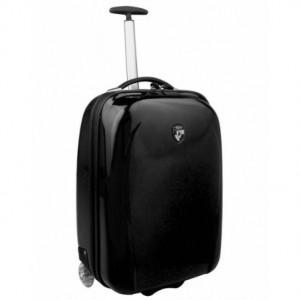

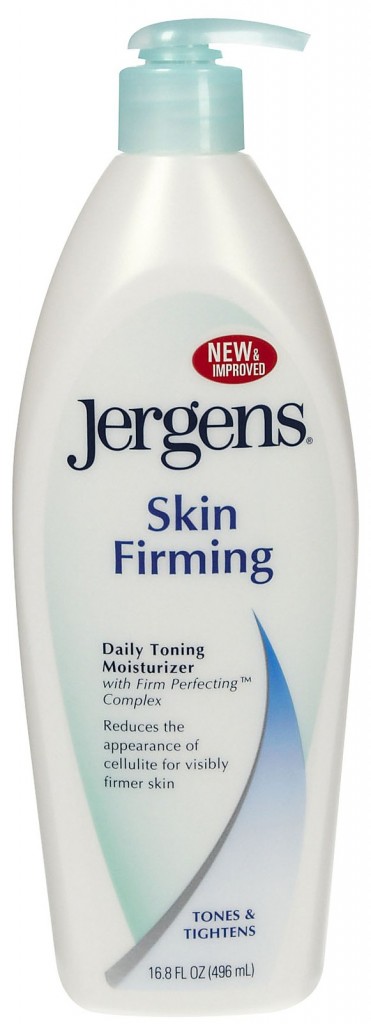
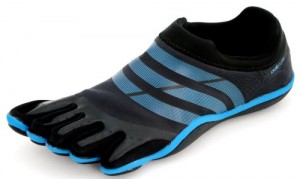
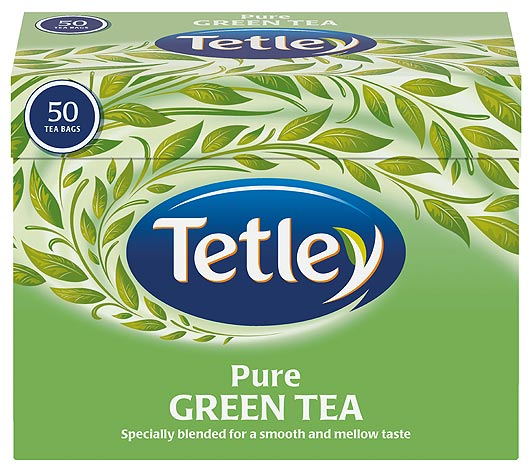

 Top Class Actions
Top Class Actions